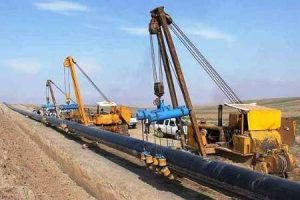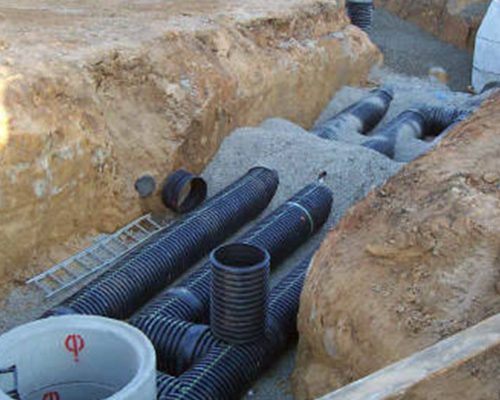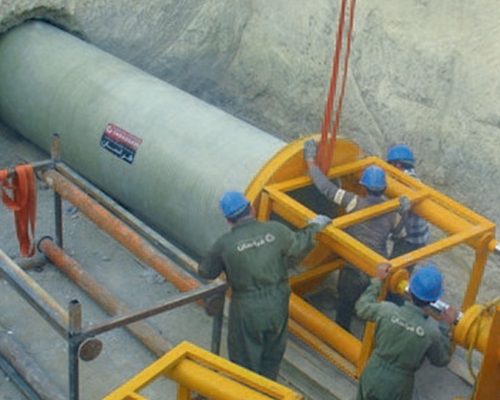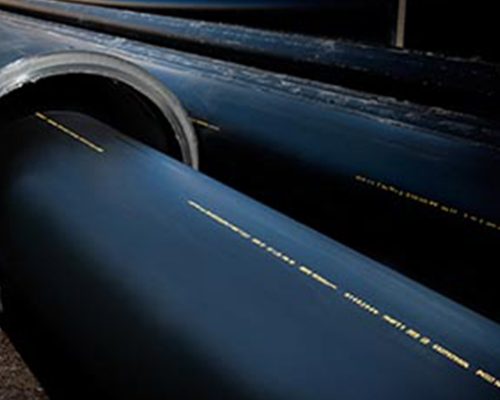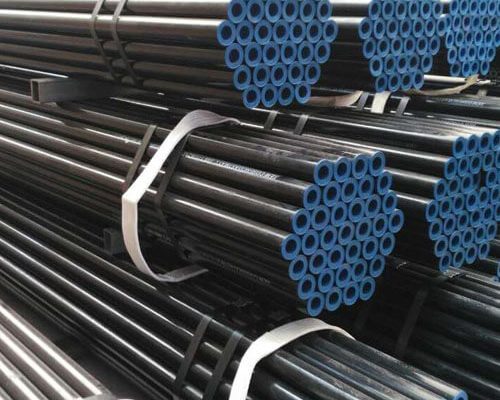Description
Polyethylene gas pipes, Advantages:
Easy connecting:
PE pipes can be welded together so that the joins are as strong as the pipes and in some cases even stronger. Since the common drawback of under pressure pipelines is the fitting place, it can be concluded that polyethylene has stronger fittings in comparison with other materials.
Flexibility:
PE pipes are bendable up to 25 times the pipes diameter. This property permits reduction in number of fittings and justifies its applications in earthquake prone areas.
Installation advantages
Being flexible and leak proof leads to unique installation methods which technically and economically explain polyethylene pipes replacement with steel pipes. it also remarkably saves a lot of time and cost.
Resistance to corrosion and chemicals
PE pipes are significantly resistant to chemicals and active compounds of gas and chemicals.
Longer lifetime potentials, durability and cost reduction
Service life of PE pipes is estimated between 50 to 100 years. it implies reduction in long-term replacement cost. On the other hand, installation and maintenance costs of this product are much less than others.
Standards and tests
Tests for the quality control of gas transmission pipes are categorized in 3 sections:
Before Release Tests (BRT)
Tests done on each batch of products before they are released to the market to ensure their excellence.
Process Verification Tests (PVT)
Tests done on materials or components of production in certain intervals to evaluate quality and integrity of production line.
Typical tests (TT)
Tests done on materials, components of product and system capability to approve achievement of desired standards.


